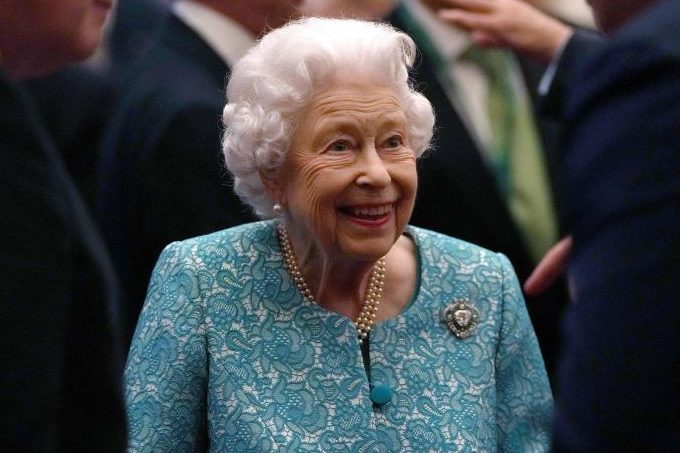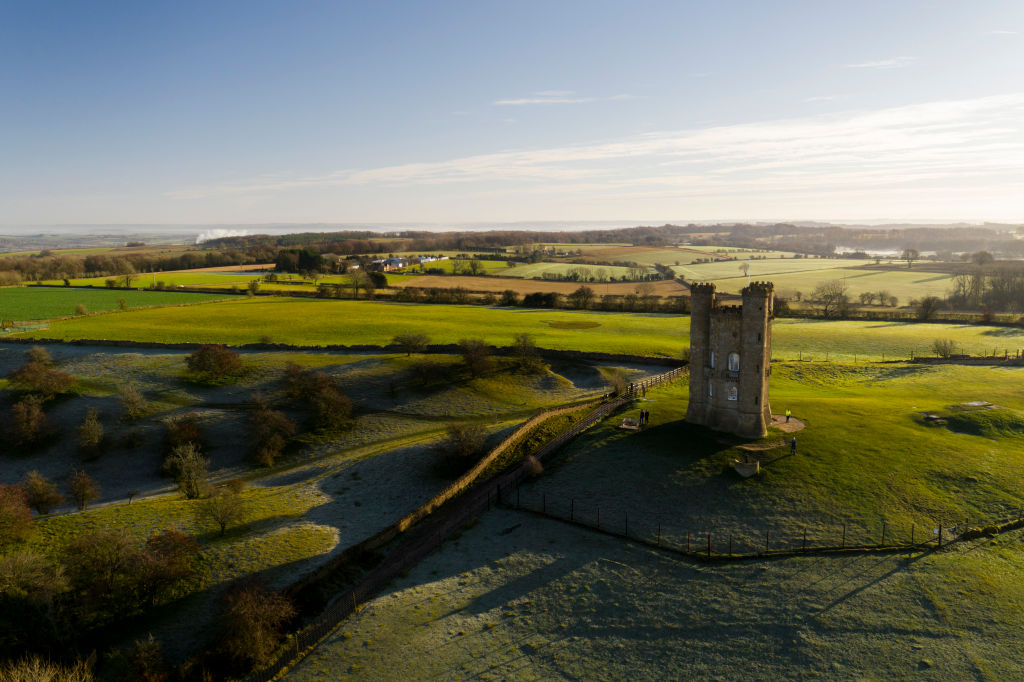Is Queen Elizabeth II unwell? Rumors have been circulating through the British and American media for over two weeks, and the British public are worried. First came the ninety-five-year-old’s unprecedented use of a walking stick public. Then came an overnight hospital stay, which royal retainers tried to cover up. And now she has canceled her appearance at the COP26 climate summit in Glasgow on her doctors’ orders, and will be sending a recorded video message instead.
Buckingham Palace has released a photograph showing the queen in her usual good spirits. Yet the frailty of the recently-widowed queen and her Glasgow no-show send a worrying message. Queen Elizabeth is dedicated to her duty. At ninety-five, she takes on a schedule of visits and events that would exhaust many people half a century younger, and she never complains.
After the death earlier this year of her husband, Prince Philip, the Duke of Edinburgh, she did not retreat into mourning or retirement, but instead has continued to follow a dutiful path of “business as usual” — an implicit rebuke to her grandson Prince Harry and his wife Meghan, who prize their own celebrity over duty to “the Firm”, as the royal family are known. So it’s no small matter for Britain’s longest-reigning monarch to suspend her appearances on medical advice.
Next week, I am going to Windsor Castle — not for tea with the queen, but to visit the Royal Archives to research my new book. It is an enormous privilege for any writer to be allowed access to the Archives in the famous Round Tower: they’re the most closely-guarded source of information in Britain. No public record exists of its contents, meaning that researchers need to place their trust in the archivists for what they will — and won’t — be allowed to study for their writing.
In these COVID-sensitive times, wearing a face-mask is as obligatory as wearing evening dress to dinner at the Palace. But this visit comes with a twist. I received an email this morning from the archivist informing me that, in order to be allowed ingress, I must provide positive proof of a negative lateral flow test, taken no more than forty-eight hours before my visit.
I was able to visit the Archives last week without proving my COVID status. Meanwhile, the number of COVID cases in the UK has started to fall a little. Are the new COVID rules at Windsor Castle a delayed reaction to the pandemic, or a pre-emptive response to a question that is beginning to preoccupy many: what is the status of Queen Elizabeth’s health?
Something might well be wrong. Of course, the public statements might be accurate: the monarch might merely be resting for a couple of weeks. She possesses remarkable vigor for a woman of her age, and it would do her no harm to relax a little. Nonetheless, the public interest that her (temporary) withdrawal from the stage has engendered is a reminder that Queen Elizabeth, the modern bedrock of the ancient monarchy, cannot last forever. Whatever the upshot of this current brush with ill health, there will come a time when one of the world’s most iconic and recognizable figures is no longer here. What will happen then is anyone’s guess.

























